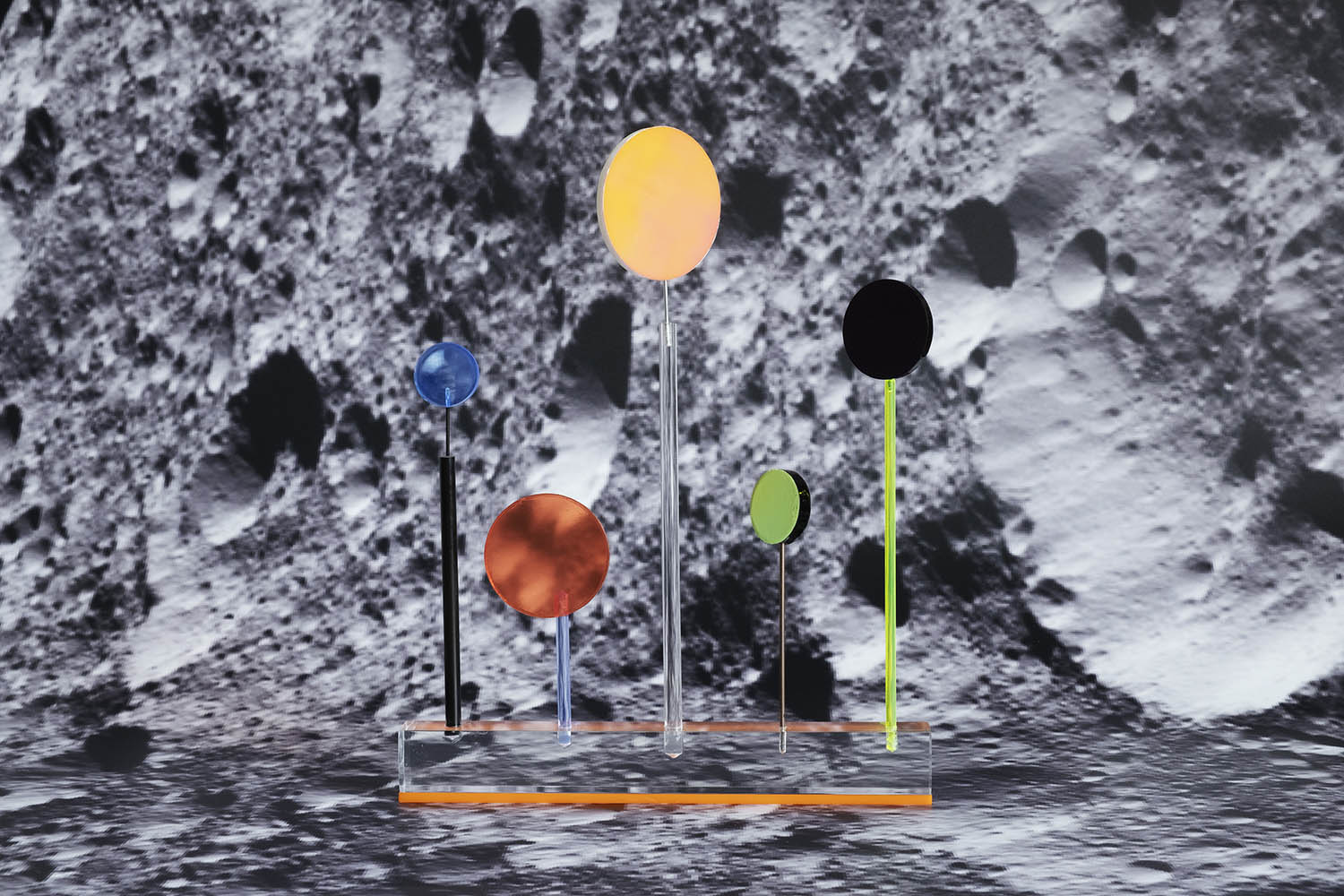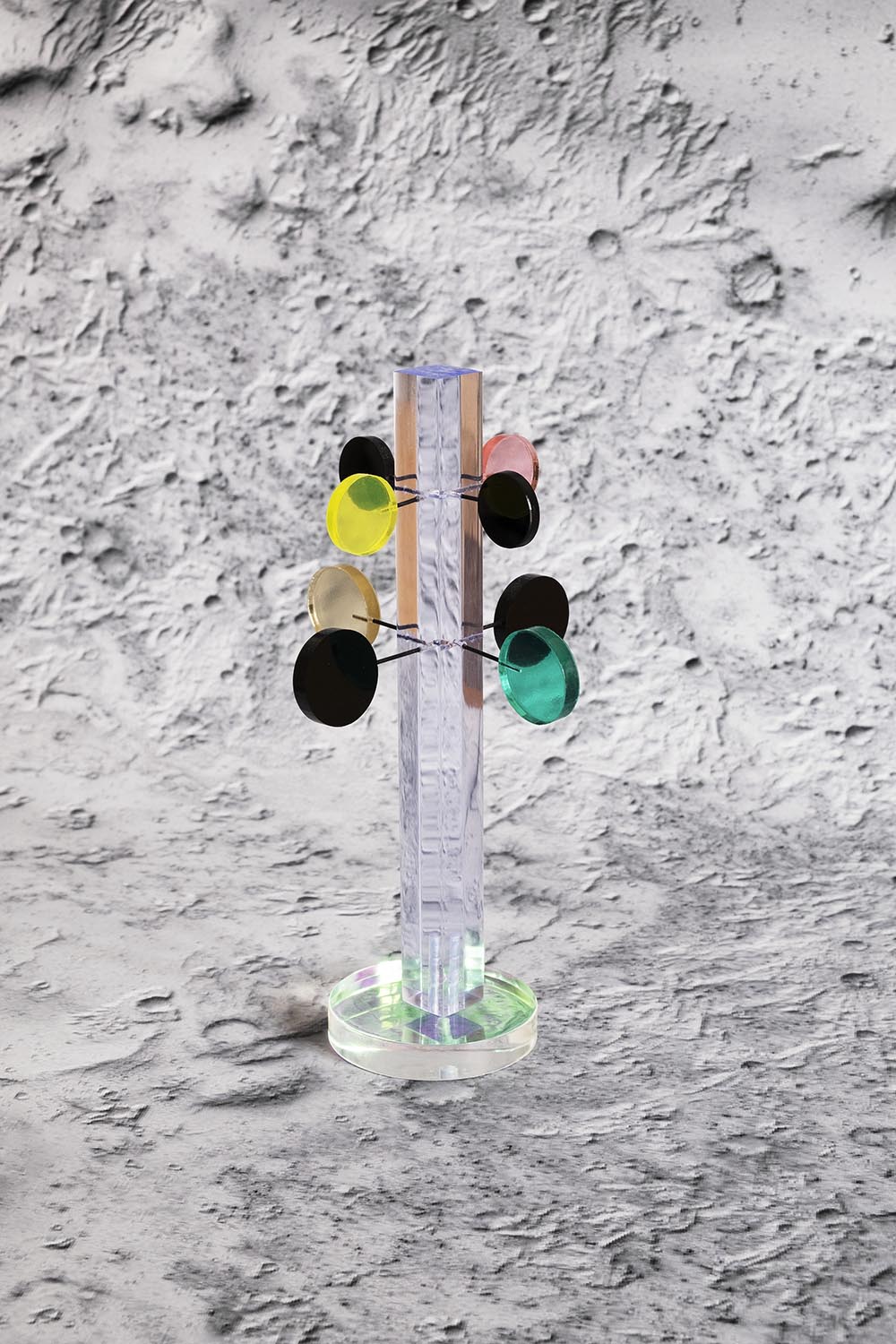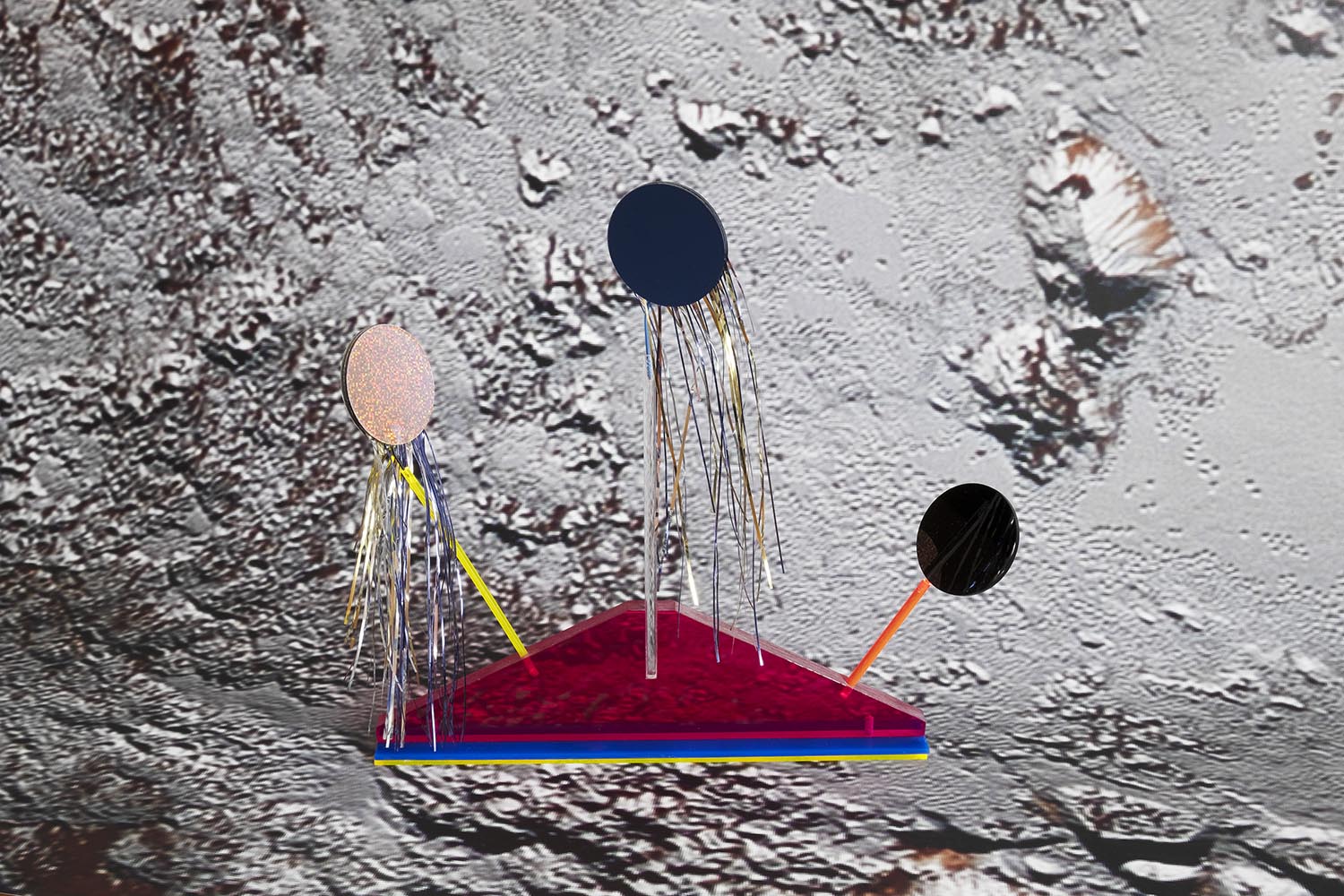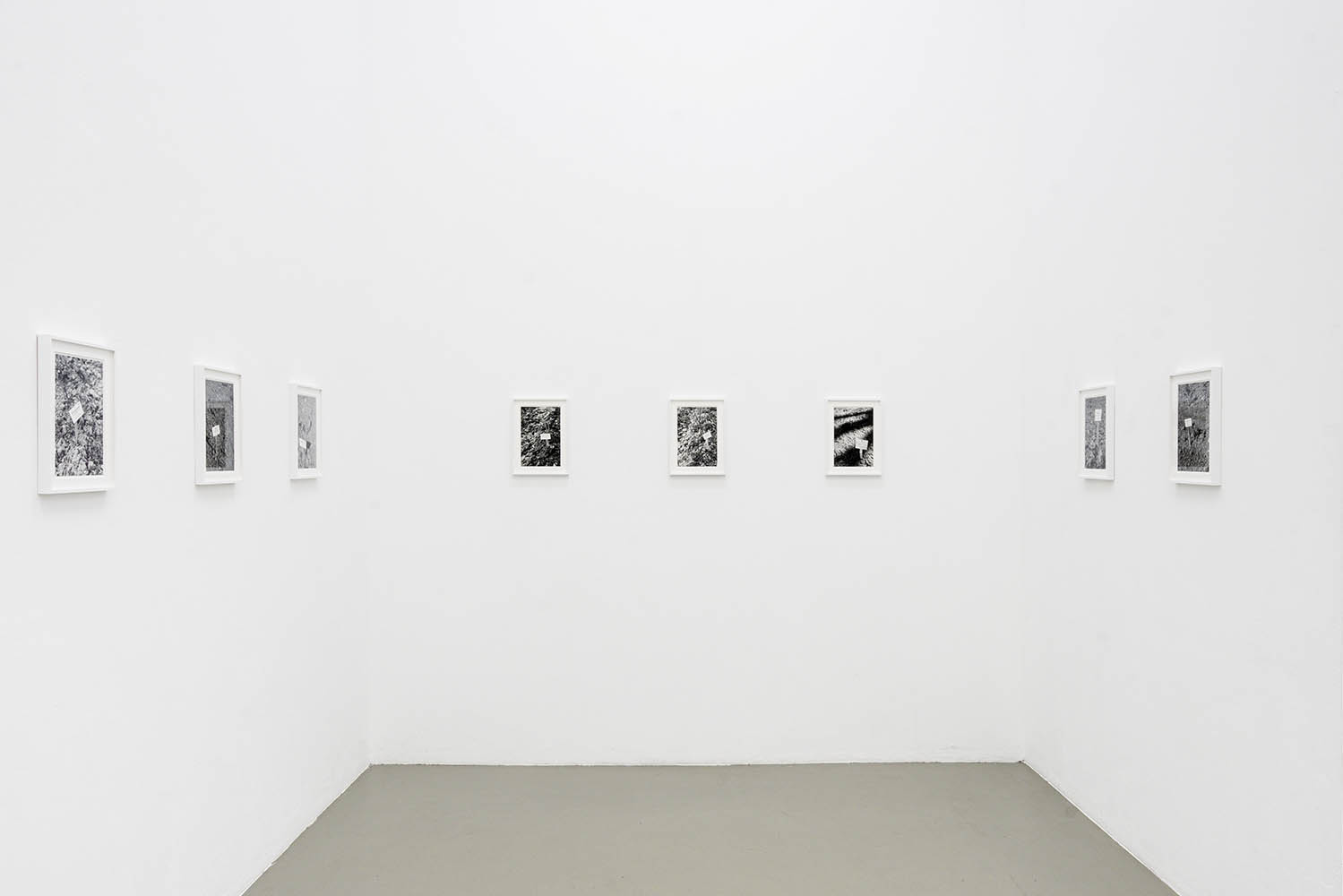
Ständige Signale
To transmit a signal is to convey specific information. It requires a transmitter and a receiver. The signal is a previously determined and directional sign. A lighthouse illustrates such a relation: it sends a signal across the open sea and indicates the mainland. The receiver is aware of the transmitter and vice versa.
This plausible causality is easily disturbed, misinterpreted or even unrecognized. Human communication also functions via signals. The transmission of information is mostly accompanied by non-verbal signals, which, if not accurately coded and interpreted, can lead to misunderstandings and misinterpretations. In the 1960s, the British astronomer Jocelyn Bell Burnell first discovered cosmic signals that were visible as pulsating light. When the signal’s source is unknown, a certain degree of anxiety arises. At first, they were interpreted as artificially generated frequencies made by extraterrestrial civilizations. However, this marked – no less spectacularly – the discovery of pulsars, rotating neutron stars that uniformly emit light waves into the far reaches of the galaxy. This missing assignment of information, the inexistent connection with a receiver, is interesting. The signals deliver signs in form of poetic energy, which are unreadable without highly developed telescopes and specific knowledge and would have remain undiscovered. What does it mean to be confronted with unfixed signals? Can artworks be understood as sources of constant signals, which send out undirected questions into their environment?
Marcus Schüler

39,6×59,4cm, Fine Art Print, 3+1

Acrylglasobjekte und Socke

59,4×39,6cm, Fine Art Print, 3+1

59,4×39,6cm, Fine Art Print, 3+1

Acrylglasobjekte und Sockel

39,6×59,4cm, Fine Art Print, 3+1


59,4×39,6cm, Fine Art Print, 3+1

Acrylglasobjekte und Sockel

39,6×59,4cm, Fine Art Print, 3+1


39,6×59,4cm, Fine Art Print, 3+1



gefördert durch:











